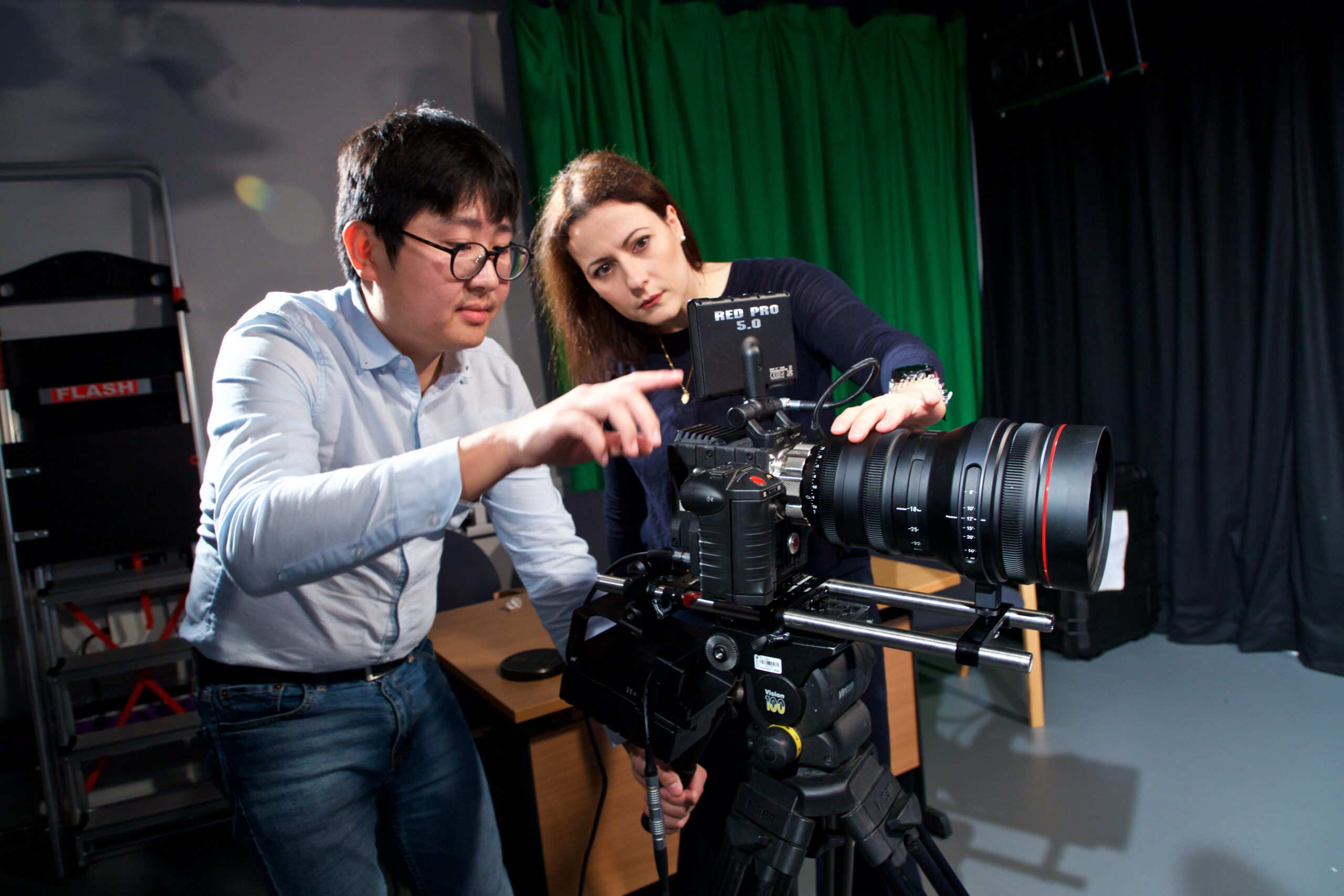If you would prefer to read a PDF of this call, please follow this link.
Background
The Lab is a pilot scheme, designed to offer a group of creatives money, time and space to learn about different approaches to creative work and business, and explore how they can make the creative sector a fairer place to work. It has been designed as part of Fair Creative Economies (FaCE), a research project exploring how the creative industries could be better organised for people and planet.
We’ve designed the scheme because we know that many creatives want to change the way they work. They want to move away from models motivated by profit and towards structures and processes that put people and planet first. The problem is, it’s hard to know where to start.
That’s why we’ve been with working creatives across Bristol and Bath to find out what creative freelancers, businesses, collectives and groups need to become more inclusive, more democratic, and ready for a low-carbon future, what’s standing in their way, and what kind of scheme might help them move forward with their ambitions for change.
More about the Lab
The Lab is structured around a three-month scheme of collective learning, workshops, networking, and peer-support, coupled with a grant of up to £4k. You'll hear from experts in alternative business practices, social action, and creative work. You’ll have a chance to meet others on a similar journey of change, and have time and space to explore your own questions. The process is designed to equip you with the frameworks and questions to ask yourself as you continue your creative work beyond the workshops.
About you
We’re inviting applications from people working in the creative sector and based in the West of England. That’s anywhere covered by Bristol, Bath & North East Somerset, and South Gloucestershire councils, or the West of England Combined Authority (WECA).
You’ll be a sole trader, freelancer, part of a collective, co-operative or partnership, an employee, or an employer in an SME or microbusiness, working in the creative sector.
You’ll have a demonstrable desire to change the way you work, learn about alternative approaches to business, and have burning questions about your own work that you need support to explore.
These might be questions about how to structure your business in a way that benefits employees as well as owners. For example, you might be interested in moving your business to a different ownership and governance structures, such as cooperative, CIC, community business, EOT, partnership, company limited by guarantee.
They might be questions about workplace policies that are fair and inclusive. For example, you might want to explore the barriers to entry into business in your area, inclusive working practices, the four-day working week, or different ways to manage your teams or structure the governance of your business.
They might be questions about how to put social impact at the heart of your work, about the values that you have as a team and about how you put those into practice. Or they might be questions about becoming more green, like learning the differences between scope one, two and three emissions, and to map your supply chains, or thinking about what you could do as a freelancer or micro business in the face of climate crisis.
We believe in peer-learning, so you’ll also be up for sharing your experience and knowledge with the other project teams. Together, we’ll explore your questions and find ways to address them.
You can read our FAQ at the end of this document for more information.
What we offer:
- £4k provided by UWE Bristol to take part in the scheme and to resource your time and the exploration of your question
- 3 workshops with all participants, experts, the FaCE team and others
- Opportunities to network, meet experts and connect with others pursuing similar goals
- A friendly, open, and adaptive approach
- Additional funding to support any accessibility and childcare needs you may have to assist participation in the programme
What we expect of you:
- Attendance at all three workshops and full participation in the programme
- A willingness to participate in discussions with other people on the scheme
- An open, supportive, and inclusive approach to working together
- To speak to our researchers about your journey at different points along the way
- Transparency and communication with our Creative Producer about how you are getting along and what you need.
How to apply
You can apply to the scheme by answering a few short questions about your work, your ambition, and the ideas you’d like to explore as part of this programme. You can apply as follows:
- By filling in the online application form here.
- Or by returning a PDF of your answers to these questions to will.hunter@bristol.ac.uk.
If written applications aren’t your preferred mode of communication, you can submit an audio or video recording of your responses to the questions via email to will.hunter@bristol.ac.uk
The deadline for application is 12pm on Monday 14th October 2024.
